#Android netrunner
Explore tagged Tumblr posts
Text

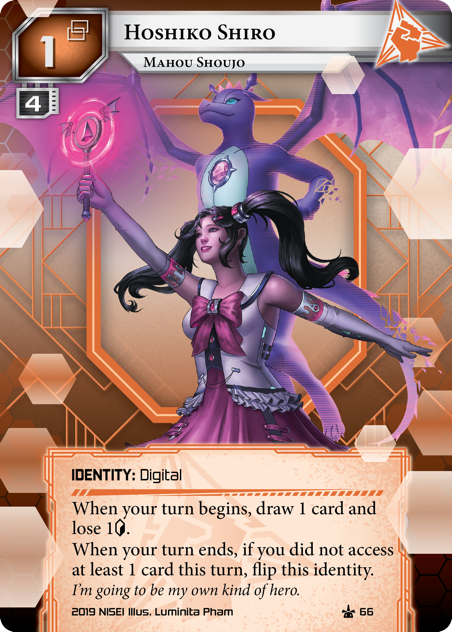
24 notes
·
View notes
Text

deep dive
30 notes
·
View notes
Text
Elevation is out!!
If you've heard of Android: Netrunner before but haven't gotten into it, now's a great time to try. And if you've never heard of it before, welcome! You should try it out!
2 notes
·
View notes
Text
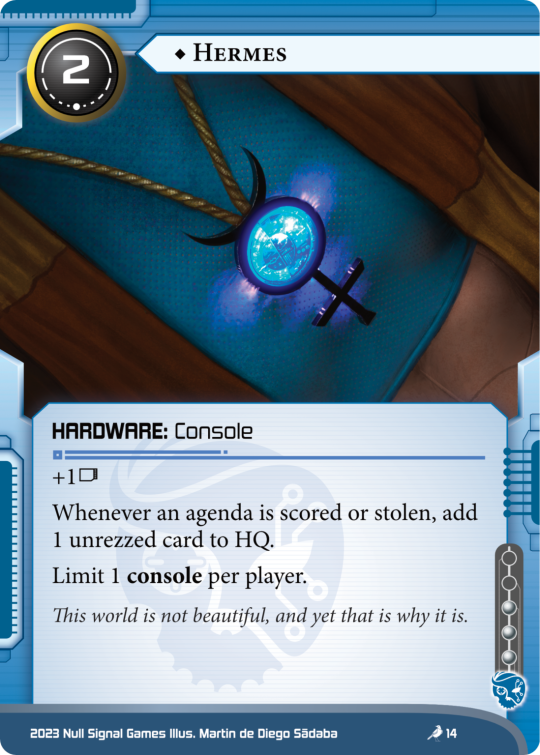
All Criminals can now be one of my favorite runners of all time, Leela Patel! Bless you Null Signal, this will likely be my new console of choice.
7 notes
·
View notes
Text
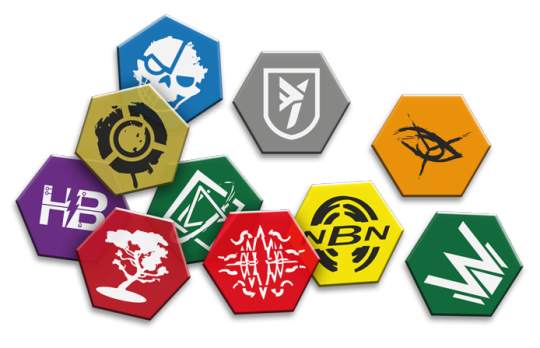
2017 World Championship World Championship acrylic click tracker
4 notes
·
View notes
Text
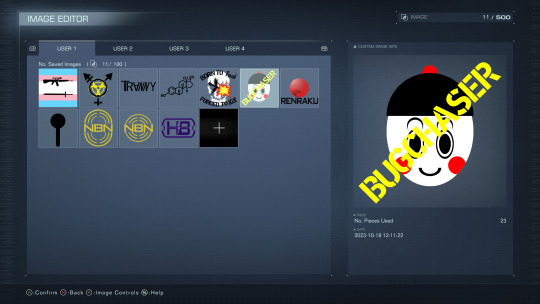
i haven't had this much fun with a sticker maker in a looooooong time
6 notes
·
View notes
Text
Balance in Asymmetry - An Exploration of the Math behind Netrunner
As a fan of Magic the Gathering and card games in general, it was only a matter of time before I stumbled upon Netrunner, another one of Richard Garfield's card game gems. The asymmetric setup of the game piqued my interest, where the Runner and Corp appeared to be playing almost completely different games. It immediately made me wonder how the game was designed to be fair to both players and allow them roughly equal chance to win? So, after some dabbling with learning and trying out the game, I decided to dive into some math for answers.
To approximate the "fairness" of the game, I'll use very bare-bones simplified models and consider how quickly it takes for each side to win in ideal and average scenarios, going from number of required clicks to number of turns. To win a game of Netrunner, the Runner or the Corp needs to score 7 agenda points (I'm aware that other wincons exist but for simplicity I'll only consider the main one here).
Starting with Corp, say we only have blank 3-2 agendas (which are the most efficient in terms of clicks to points ratio), and no other cards in our deck (ignoring all deckbuilding rules until later). Corp needs to score 4 of these 3-2 agendas. This would require 4* (1 click to Install + [3 clicks + 3 credits] to Advance) = 16 clicks + 12 credits = 16 clicks + 7 clicks for credit + 5 initial credits => 23 clicks => 23/3 clicks per turn => Minimum of 8 turns to win.
In the above case where the Corp only has agendas in their deck, the Runner would have a very easy time winning, needing only 4 accesses anywhere, which will take 1 turn. So far the game seems to heavily favor the Runner.
Now let's put some blank cards into the Corp deck. With 8 turns, we will see 5+8=13 cards, let's say 12 because we need the last agenda before the last turn. So we need 4 out of these 12 cards to be agendas. So let's make a 48 card deck with 16 agendas (still breaking rules but bear with me). This gives the same minimum 8 turns to win for Corp, assuming we have an average draw.
For Runner though, they will now need to access on average 11 different cards from the Corp to see 4 agendas. Since we're not considering Ice at all here, we're just going to pretend that the Runner will ignore all the agendas that are being blatantly installed and advanced; only running HQ and R&D. 11 access/4 clicks per turn => at least 3 turns. However if we roughly consider the availability of cards, if Runner runs R&D, HQ, HQ, HQ for turns 1 and 2, and sees all 5 cards from opening hand plus the initial draw, then they would have seen 8 cards by turn 2, and have to wait 3 more turns running R&D to see the top card each time. This gives 5 turns. In reality it might be a bit more since some cards from HQ will get installed, but also a bit less since ever agenda scored off the top of R&D allows another card to be accessed. So, Runner now needs 3-5 turns in this model, which is cool as we see the gap between Corp and Runner is narrowing.
Finally lets actually follow deckbuilding rules. Take a 44 card Corp deck with 18 agenda points, that's 9 of our 3-2 agendas. This means both the Runner and Corp need to see 18 cards on average to see 4 agendas. For Corp, we saw before that they already see 13 cards from opening hand and mandatory draw. So now they need to click 5 more times to see more cards. So we get to 28 clicks => 10 turns give or take since additional turns means additional mandatory draws, but again we need the agenda before the last turn.
For Runner, again pretending that they don't see the installed agendas, 18 accesses / 4 clicks per turn requires at least 5 turns. If we see first 8 cards using the first 2 turns again, we need to wait an additional 10 turns for new cards on top of R&D, but of course it should never take that long in reality. If 9/44 ~ 1/5 cards are agendas, then that additional 10 turns becomes 8, and so ~10 turns becomes a somewhat reasonable estimate for how long the Runner needs. And with that, it appears that Corp and Runner are now evenly matched in requiring roughly the same amount of time to win.
So, after all that theorycrafting and playing around with hypergeometric calculators, it appears that at its core, the great equalizer between Corp and Runner in Netrunner is the density of agendas in the deck. For the Corp, all those hypothetical blanks that were put in the deck can become cards which make clicks more efficient (clicking for multiple credits, fast advance, etc.) to win faster, and also Ice to halt or at least slow down the Runner's rate of accesses. For the Runner, there are then Icebreakers to catch up to speed, as well as economy of their own to support those breakers.
If you've made it this far, thanks for reading, I hope my ramblings have been somewhat entertaining. I'll leave off with a thought that perhaps the underlying goal of Netrunner, for both Corp and Runner, is not necessarily to win as quickly as possible, but actually to create the biggest possible difference between how long it takes for each of you to win.
1 note
·
View note
Photo
Does anyone know what happened to David Lei? His Artstation and social media no longer seem to work.






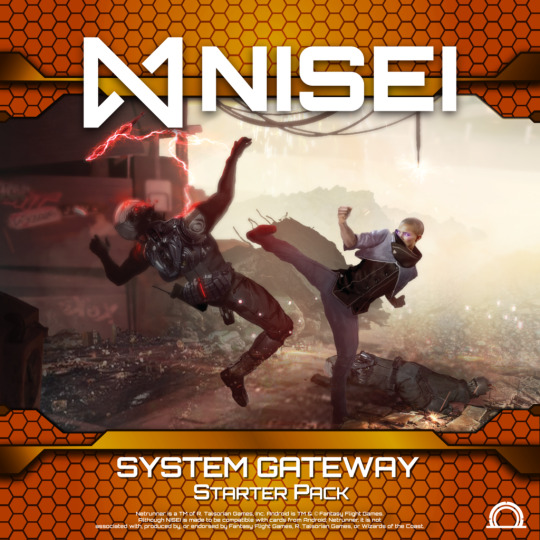
I really need to do a proper post on Nisei and System Gateway - the new starter set for netrunner, available now HERE!,
Amazing work for Project Nisei by David Lei
#nisei#android netrunner#netrunner#sci-fi#card game illustration#<- previous tags#david lei#android: netrunner#null signal games#nsg
54 notes
·
View notes
Text
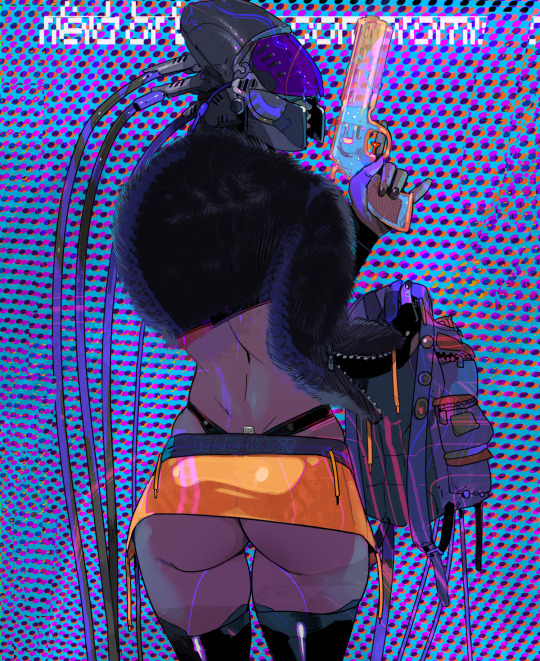
Field of vision compromised.
#field#vision#compromise#error#glich#fatalerror#watergun#water#liquid#robotics#cyberpunk#retro#scifi#cyborg#android#lady#flesh#bag#battery#cables#head#netrunner#hack#illustration#drawing#digitaldrawing#digitalartwork#digitalsketch#digitalillustration
249 notes
·
View notes
Text

The Archivist by Matt Zeilinger
#Android: Netrunner#Netrunner#Cyberpunk#The Archivist#Sci-Fi#FFG#Fantasy Flight Games#Matt Zeilinger
14 notes
·
View notes
Text

#android netrunner#your data#si fanno un po' i fatti tuoi!#sossòldi!#when the flavour and the game mechanics work together in a seamless way#immaculate 10/10 no notes
0 notes
Text

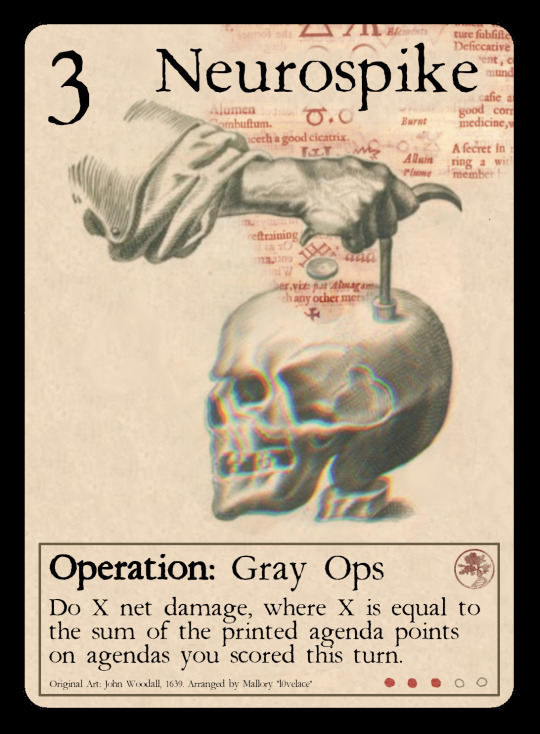
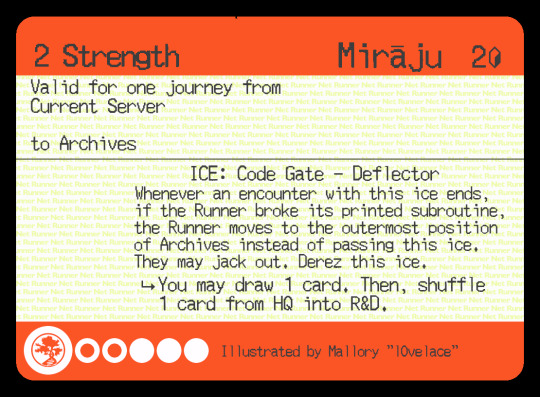
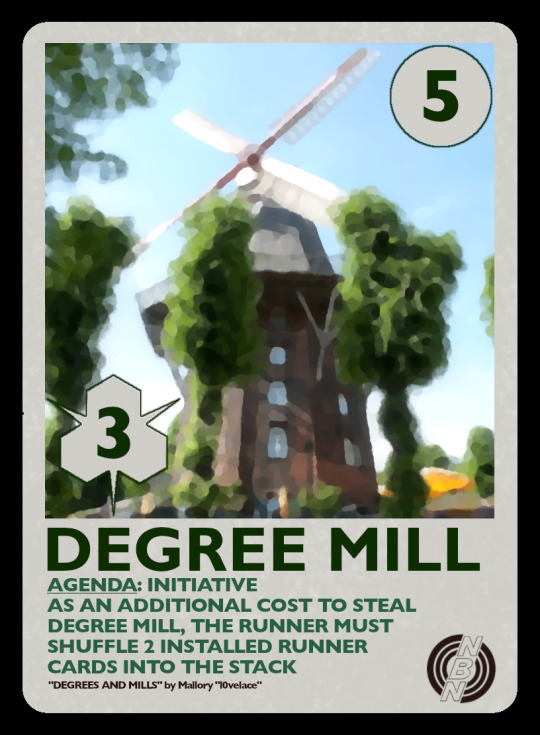
oh hey I made things! alt arts for the card game Netrunner
19 notes
·
View notes
Text


A MOMENT OF YOUR TIME? A MOMENT OF YOUR TIME? A MOMENT OF YOUR TIME?
38 notes
·
View notes
Text
First of my stories for Netrunner preview season is out!
5 notes
·
View notes
Note
Can I just say that I really like your header image. Where's she from?
That's her... Caprice Nisei from cyberpunk...
8 notes
·
View notes
Text
> I think the *Romance of the Three Kingdoms* set probably came closest to a fruitful reinterpretation of the colours which is a bit sad!
Well the problem is that the lead designer thinks the colour pie is the Magic's secret sauce (probably true) and therefore mechanics and themes have to be carefully doled out according to a very fixed set of perceptions. Sure they've now got a 'council of colours' so it's not just one guy, but as with everything else in Magic design, the innovation is in the margins, and the core ideas are sacrosanct, rather than worthy of investigation and reinvention like they were earlier in the game's lifecycle.
Much like League of Legends, Magic that Gathering qua itself is something I don't really get the appeal of (despite playing it every so often with a deck a friend made for me) and the dedicated communities around it mostly seem either terrifying or awful. But I do very much appreciate it as subsidizing a steady pipeline of stuff I do actually enjoy (okay-to-amazing fantasy art and occasional cool settings and worldbuilding concepts.)
#and blue is the colour of being good at card games#because it was at a formative time for the game#so much stuff that is 'magic' is blue and the whole colour pie is wildly unbalanced because of it#android: netrunner did it better#every colour could do most things#but varied in how it managed it#screwing around with game design
900 notes
·
View notes